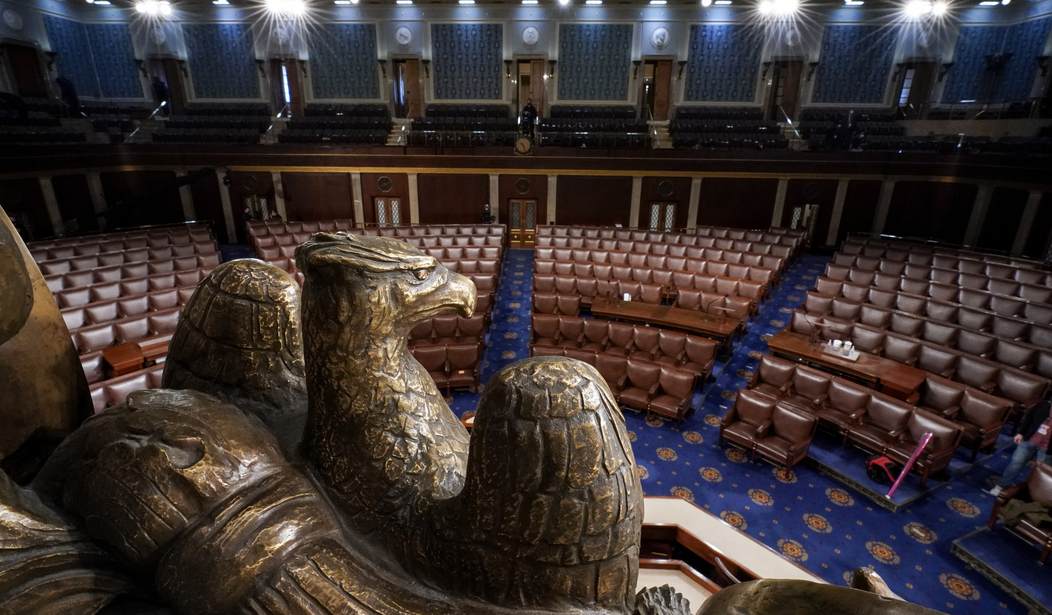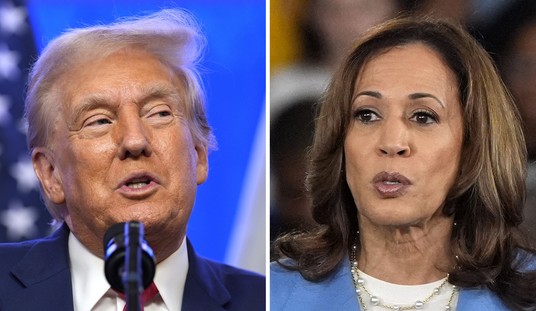The 2017s Tax Cuts and Jobs Act (TCJA) expires at the end of 2025. And unless Congress gets off its duff and passes an extension, ordinary Americans are going to be paying more in taxes. In some cases, a lot more.
"Unless Congress acts, the vast majority of Americans will see higher, more complicated taxes beginning in 2026 as major provisions from the Tax Cuts and Jobs Act of 2017 expire," warns the Tax Foundation. "The TCJA reduced average tax burdens for taxpayers across the income spectrum and temporarily simplified the tax filing process through structural reforms. It also boosted capital investment by reforming the corporate tax system and significantly improved the international tax system."
Joe Biden ran in 2020 telling voters that the Trump tax cut only benefitted "the rich." Was that true?
"About 65 percent of households paid less in individual income taxes in 2018 as a result of the TCJA," wrote the Tax Policy Center's Howard Gleckman. "About 6 percent paid more. The rest paid about the same."
Reason.com's J.D. Tuccille quotes the Cato Institute's Chris Edwards who said that "lower‐ and middle‐income groups received the largest relative individual income tax cuts."
The only time Democrats support a tax increase is when Republican presidents give the people a tax cut. Democrats will charge Republicans with favoring the rich by advocating a renewal of the TCJA. It's simply not true, but trying to change the narrative will be extremely difficult.
Also for our VIPs: Chicago in Need of a Miracle to Escape Its Debt Bomb
For most Americans, it will depend on where you live.
"The largest average tax hikes would be experienced by taxpayers who reside in California's congressional districts," note the Tax Foundation's Garrett Watson and Erica York. "For example, the congressional district covering the San Francisco area would see an average tax hike of $16,127 per taxpayer, the highest in the U.S. By contrast, northern New York City would see an average tax increase of $807 per taxpayer under TCJA expiration."
"By the year 2050, permanent extension of TCJA laws would reduce federal revenues from 18.4 percent to 17.1 percent of annual Gross Domestic Product (GDP)," Jagadeesh Gokhale and Mariko Paulson of the University of Pennsylvania's Penn Wharton Budget Model specify. "Federal debt held by the public would rise from 226.0 percent of GDP to 261.1 percent by 2050."
But that decrease in revenue and corresponding rise in debt and deficits may matter only if it hampers a serious plan to control the federal government's ongoing spending spree. Separately, the Penn Wharton Budget Model predicts that "a maximum debt-GDP ratio of 200 percent can be sustained even if investors believe (maybe myopically) that a closure rule will then prevent that ratio from increasing into the future." They say the real ceiling on federal debt is more like 175 percent of GDP before the financial markets entirely lose faith in the U.S. economy. Debt as a percentage of GDP above that point is disastrous, whether at 226 percent or 261 percent.
It makes sense, then, for Americans to submit to significant tax hikes only if those increases go to balancing the federal budget, eliminating deficits, and controlling debt. Otherwise, we're going to pay more for what is essentially the same very bad outcome.
"Making sense" is not Congress's forte. In fact, Congress will ignore the debt-to-GDP ratio as it shoots past 200% and rockets toward oblivion. Only a financial calamity will get Congress to get serious about the nation's finances.
And that's only after the Democrats blame the Republicans for it.








